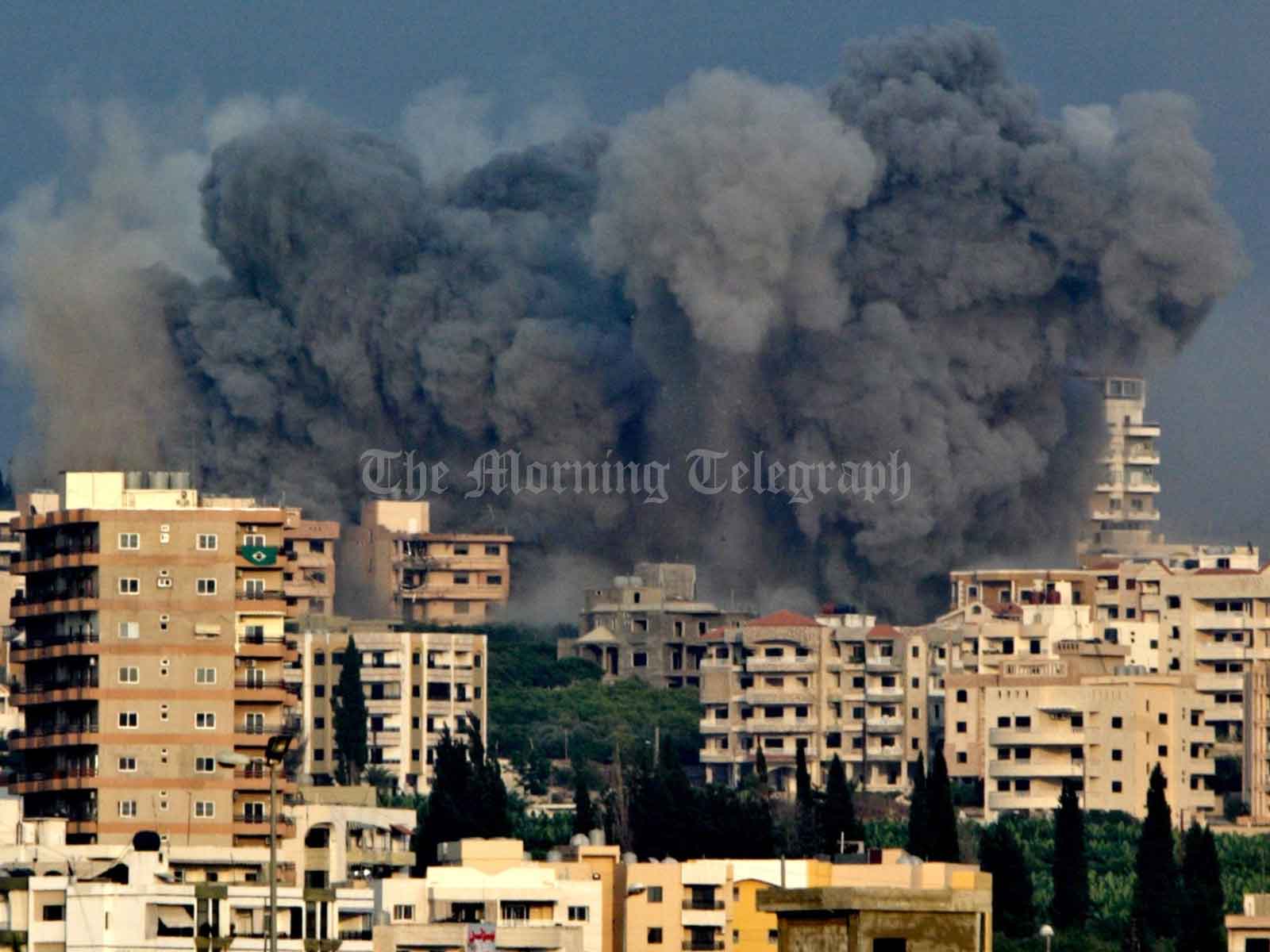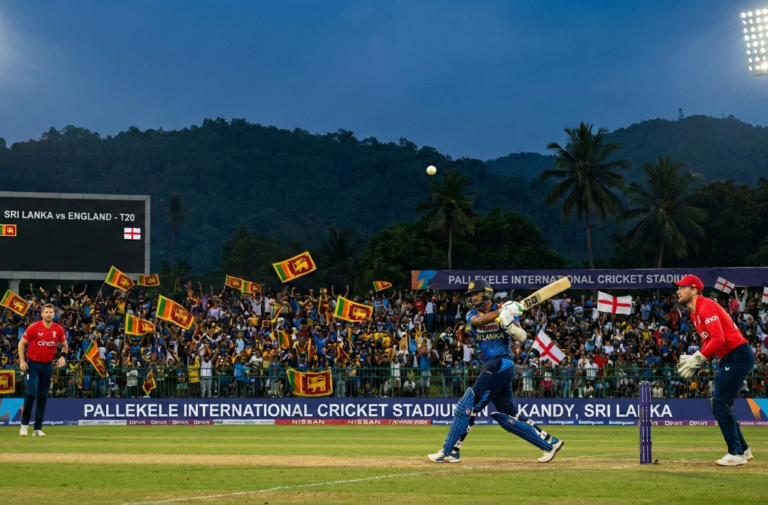
Lebanon/Israel Border — Ground clashes have broken out for the first time between the Israeli army and Hezbollah fighters, marking a significant escalation in the ongoing conflict following a recent pause in Iranian missile attacks targeting Israel. According to foreign media reports, at least eight Israeli soldiers have died in these confrontations, highlighting the escalating violence in the region.
The conflict intensified after Iran launched missile strikes on Israel, which reportedly damaged various properties, including businesses. In response to the cessation of these Iranian attacks, Israeli forces entered Lebanon, advancing about 400 meters from the Israeli-Lebanese border. This incursion led to direct ground engagements with Hezbollah fighters, which marks a notable shift in the dynamics of the conflict.
Prime Minister Benjamin Netanyahu expressed deep sorrow over the loss of Israeli soldiers, stating that the nation has reached a critical point in its war against terrorism, particularly that which is supported by Iran. He emphasized the need for decisive military action to protect Israeli citizens from the ongoing threat posed by Hezbollah and other militant groups.
Israeli infantry have conducted ground operations in Lebanon, supported by significant airstrikes and artillery bombardments. These aerial assaults have focused on key targets in Beirut and nearby Dahiyeh, with reports indicating that one of the strikes occurred near the Lebanese Parliament and the United Nations Regional Headquarters. Casualty figures in Lebanon have been staggering, with more than a thousand reported deaths over the two weeks of intensified conflict, including six individuals killed in the recent strikes, among them an American residing in Lebanon.
In a related incident, the Al Qassam Brigades, the military wing of Hamas, claimed responsibility for a stabbing and shooting attack in Tel Aviv prior to Iran’s missile onslaught. This attack resulted in the deaths of seven individuals and injuries to several others, further inflaming tensions in the region.
Meanwhile, Israeli airstrikes extended to Syria, targeting a residential building in Damascus, where reports indicate three fatalities, including a nephew of Hezbollah leader Hassan Nasrallah. Israel has increased its military operations against Iranian assets in Syria since the beginning of the Israel-Hamas conflict, leading to heightened tensions along its northern border.
The United Nations General Assembly has called for an emergency meeting to address the escalating military situation in the Middle East, underscoring the urgent need for diplomatic interventions to prevent further deterioration. The meeting comes as Israel has taken steps to ban UN Secretary-General Antonio Guterres from entering the country, citing his perceived failure to adequately criticize Iran’s aggressive actions.
In his statements, Guterres emphasized the humanitarian implications of the ongoing conflicts, noting, “We must not forget the civilian casualties caused by these conflicts. We cannot ignore the violation of international humanitarian law. Immediate steps must be taken to cease retaliatory attacks.” His comments reflect growing international concern over the humanitarian crisis unfolding as a result of the military engagements.
The United States has also issued warnings to Iran, stating that any aggression towards Israel or American interests will result in severe consequences, signaling a potential escalation of U.S. involvement should the conflict continue to worsen.
As the situation unfolds, both Israel and Hezbollah are bracing for further military engagements, with regional and international implications that could reshape the landscape of Middle Eastern geopolitics.




